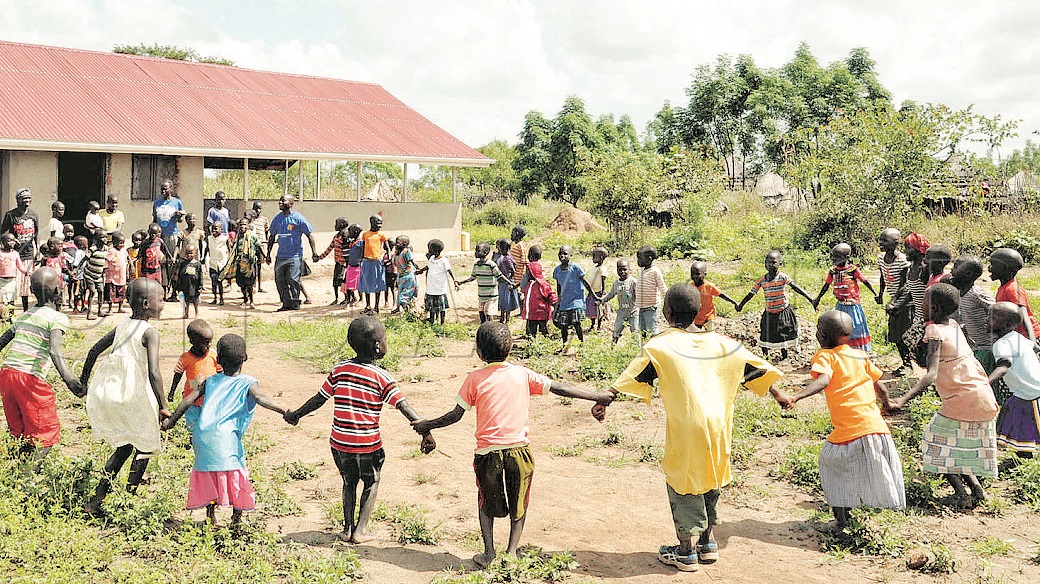This article was first published in the New Vision on January 27, 2021
By Ass. Prof. Mesharch Katusiimeh
The National Council for Higher Education (NCHE) has warned universities and other tertiary institutions that have re-opened for all students, contrary to the government directive.
President Yoweri Museveni, in October last year, cleared all institutions of learning to re-open on October 15 for only candidates and finalists as the Government monitors the COVID-19 situation before re-opening for other students. President Museveni okayed e-learning and consequently NCHE inspected universities and higher institutions of learning and gave certificates of readiness to start conducting e-learning classes. Almost all universities and higher institutions of learning have opened their gates to continuing students under the cover of e-learning and different universities have set their own timelines.
However, a January 22, 2021 circular from the executive director of NCHE, Prof. Mary Okwakol, addressed to all vice-chancellors of universities and principals of tertiary institutions, warns about re-opening until the decision of government on the matter is communicated. The education ministry has also been urging primary and secondary school headteachers and directors not to re-open amid pressures from parents and students.
The circular from Okwakol is confusing and contradictory. The concern for NCHE should be on those universities that have opened but have not been inspected and given certificates of readiness. Also, they can hold accountable any institution found conducting classes face-to-face yet they are supposed to teach online.
For primary and secondary schools, there are those that have been conducting online classes and have gone ahead to promote students to the next class. But these are mainly urban-based schools with relatively rich parents. The rest of the students are in villages suffering and wondering what to do next since learning on radios and TVs and then distribution of learning materials was not effective. The educational inequality that we are witnessing now will eventually cause social disharmony.
The COVID-19 directives and guidance by President Yoweri Museveni have no doubt been helpful in containing the deadly disease. When the President directed that all schools be opened for finalists on October 15, he said the decision for other classes would be taken in January 2021.
However, he has avoided talking about the re-opening of schools in his addresses to the nation, possibly because of the distraction of electoral politics.
However, it is worthwhile to note that since finalists reported to schools and higher institutions of learning countrywide, no crisis has happened as pessimists wanted us to believe. The country has also just witnessed a busy election period with crowds and many political meetings that never followed the standard operating procedures and we have not seen a crisis in terms of numbers of COVID-19 infections.

Now that elections are over, I do not see why schools cannot be re-opened. The risk of re-opening schools is real and serious, but it is also like any other risk in open markets, churches and the crowds we were seeing every day in electoral campaigns.
Each day that passes, it becomes increasingly clear that school closures have had clear negative impacts on education and development, family income and the overall economy. The longer the students are out of school, the less likely they are to return. When the classes were opened for finalists, some students were not able to return. We have already seen that girls being out of school has also increased the risk of teenage pregnancy, sexual exploitation, child marriage, violence and other threats, on top of causing stress and anxiety due to the loss of peer interaction and disrupted routines.
Even those doing remote learning are not any better. As parents of children affected by school closures will know, remote learning has not been a good substitute for in-person instruction.
There are two lessons in this. First, we must do everything we can to return to in-person schooling as quickly as possible — with the necessary precautions. Second, we must initiate a major effort to remediate students’ learning losses, or their future development will be seriously harmed.
The author is the dean faculty of arts and social sciences and associate professor of governance at Kabale University

